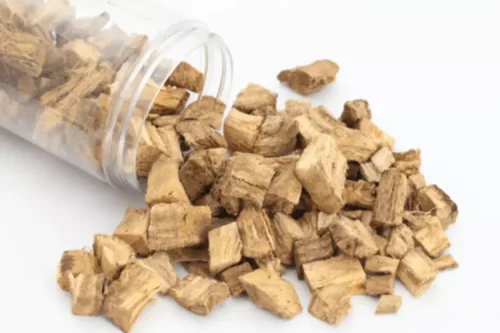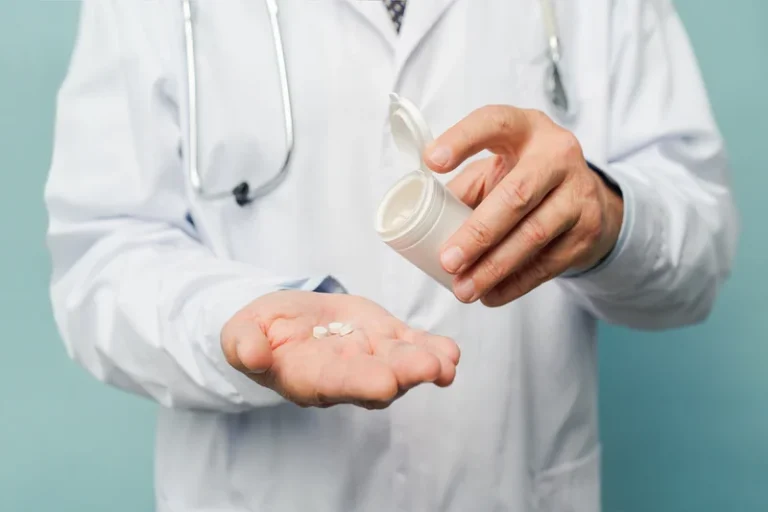What to Eat During Alcohol Recovery

But eating sugary products in place of healthier foods during this time can result in vitamin deficiencies, creating additional stress on the body. When detoxing from alcohol, you’ll likely be told that drinking water is a vital part of the process. During alcohol withdrawal, the body is adjusting to less fluid intake than usual, which is why hydration is so important alcohol recovery diet during detox. Withdrawal symptoms like vomiting, diarrhea and sweating can also contribute to dehydration, but drinking water can help replenish lost fluids. As you evaluate treatment programs to assist in your alcohol detox and recovery, it’s important to look for a program that includes nutritional assistance and behavioral change as part of the program.
- Other symptoms, like seizures and hallucinations, can be more severe and even life-threatening.
- A good plan is essential to maximize the benefit of changing your diet and stick with the changes during recovery.
- We are committed to healing everyone who enters our doors from the inside out.
- By eating healthy foods, you can help reverse the damage inflicted by drugs and alcohol while boosting your resources to fight back against addiction and prevent future relapse.
How to Detox From Alcohol (With Food)

Glutathione is an antioxidant that accelerates liver repair, and vitamin C is essential for maintaining adequate levels. Eat plenty of fruits and vegetables, including citrus fruits, strawberries, bell peppers, tomatoes, and cruciferous vegetables, and consider taking a vitamin C supplement. Shellfish is known for including a fair amount of zinc, omega-3 fatty acids, and iron, all minerals and nutrients that aren’t adequately absorbed by the body during heavy alcohol use.

Effects of Alcohol on Nutritional Health
I used to eat a lot of whole wheat bread (the worst offender), pasta, and cereal. Ever since I started eating meals consisting of whole foods, I’ve felt much better and become leaner. You can replace flour products with “slow carbs” – i.e., foods higher in complex carbohydrates that digest slower, providing longer-lasting energy, curbing cravings, and reducing insulin spikes. Juices and sodas account for most of the sugar consumed in the modern diet. These can be replaced with low-sugar kombuchas, unsweetened iced tea, or sparkling waters with natural flavors. As you feel more stable and watch the pounds shed from your mid-section, you’ll stop missing sugary beverages forever.
Low-Fat Proteins
- Look for a multivitamin (or several) that contains omega 3 fatty acids, magnesium, zinc, and of course vitamins A, B, C, D, and E.
- Tap into your social network to help support you through alcohol withdrawal.
- Capsaicin is the component in the pepper that causes a burning sensation upon consumption.
- Proteins like meats, poultry, fish, beans, peas, eggs, nuts and seeds are rich in B vitamins, vitamin E, iron, zinc and magnesium, all of which are common alcohol-related deficiencies.
- If The Recovery Village is not the right fit for you or your loved one, we will help refer you to a facility that is.
So far, there’s no consensus on the medical definition of recovery in alcohol treatment literature. But it’s just one of a series of improvements toward rewiring your brain and improving your quality of life. I should note that many people have some degree of gluten sensitivity. If you make diet substitutions and still feel sub-par, eliminate gluten or dairy for 30 days to determine whether you feel better without them. Organ meats, known to contain more micronutrients than any vegetable, give me an energy rush and euphoria!
Nutrition plays a critical role in mental health restoration during alcohol recovery. Chronic alcohol consumption leads to significant nutritional deficiencies, particularly of B vitamins, which are crucial for maintaining a healthy nervous system and preventing anemia. Excessive alcohol consumption inhibits the body’s ability to absorb nutrients, dramatically influences the diet of the heavy drinker and can result in severe malnutrition. A healthy diet, complete with supplements recommended by your doctor, can go a long way toward restoring normal body function.
Building Healthier Eating Habits
They also help maintain a healthy digestive system, which can be disrupted by alcohol. Incorporating a variety of fruits and vegetables into your daily diet ensures a wide array of these beneficial compounds. Instead of weight gain, those with a very severe alcohol addiction may experience malnutrition.

For most people, alcohol withdrawal symptoms will begin to subside after 72 hours. If you are still experiencing withdrawal symptoms after three days, talk to your healthcare provider. The consumption of alcohol tricks the body https://ecosoberhouse.com/ into thinking it’s been fed by providing the calories that would otherwise come from more nutrient-rich food. Prolonged alcohol consumption can lead to deficiencies in essential vitamins including B6, thiamine, and folic acid.
Meal planning in recovery is not just about physical nourishment but also about establishing a routine that supports sobriety and well-being. Hydration is also crucial, so individuals should aim to drink plenty of water throughout the day and also fluids with electrolytes. However, try not to have too many firm expectations, as symptoms can continue for multiple weeks in some people. Of course, these same chemicals can cause you to crave drinking again which can be a serious problem for former alcoholics for obvious reasons. While the recovery period may be challenging, it’s also filled with milestones that can transform your life into one that’s better than you could have previously imagined.
